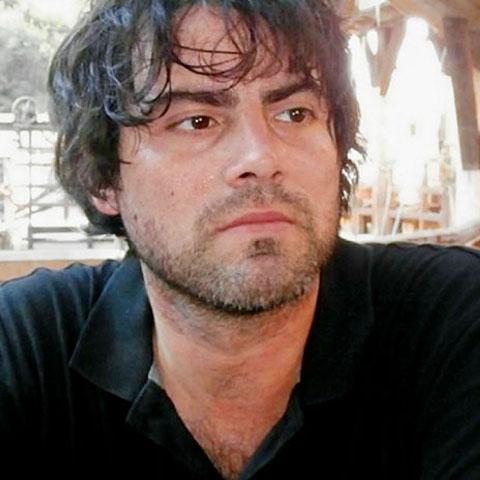KLI Colloquia are invited research talks of about an hour followed by 30 min discussion. The talks are held in English, open to the public, and offered in hybrid format.
Join via Zoom:
https://us02web.zoom.us/j/5881861923?omn=85945744831
Meeting ID: 588 186 1923
Spring-Summer 2026 KLI Colloquium Series
12 March 2026 (Thurs) 3-4:30 PM CET
What Is Biological Modality, and What Has It Got to Do With Psychology?
Carrie Figdor (University of Iowa)
26 March 2026 (Thurs) 3-4:30 PM CET
The Science of an Evolutionary Transition in Humans
Tim Waring (University of Maine)
9 April 2026 (Thurs) 3-4:30 PM CET
Hierarchies and Power in Primatology and Their Populist Appropriation
Rebekka Hufendiek (Ulm University)
16 April 2026 (Thurs) 3-4:30 PM CET
A Metaphysics for Dialectical Biology
Denis Walsh (University of Toronto)
30 April 2026 (Thurs) 3-4:30 PM CET
What's in a Trait? Reconceptualizing Neurodevelopmental Timing by Seizing Insights From Philosophy
Isabella Sarto-Jackson (KLI)
7 May 2026 (Thurs) 3-4:30 PM CET
The Evolutionary Trajectory of Human Hippocampal-Cortical Interactions
Daniel Reznik (Max Planck Society)
21 May 2026 (Thurs) 3-4:30 PM CET
Why Directionality Emerged in Multicellular Differentiation
Somya Mani (KLI)
28 May 2026 (Thurs) 3-4:30 PM CET
The Interplay of Tissue Mechanics and Gene Regulatory Networks in the Evolution of Morphogenesis
James DiFrisco (Francis Crick Institute)
11 June 2026 (Thurs) 3-4:30 PM CET
Brave Genomes: Genome Plasticity in the Face of Environmental Challenge
Silvia Bulgheresi (University of Vienna)
25 June 2026 (Thurs) 3-4:30 PM CET
Anne LeMaitre (KLI)
KLI Colloquia 2014 – 2026
Event Details

Topic description:
Cultural evolutionists typically emphasize the informational aspect of social transmission, that of the learning, stabilizing, and transformation of mental representations along cultural lineages. Social transmission also depends on the production of public displays such as utterances, behaviors, and artifacts, as these displays are what social learners learn from. However, the generative processes involved in the production of public displays are usually abstracted away in both theoretical assessments and formal models. The aim of the talk is to complement the informational view with a generative dimension, emphasizing how the production of public displays both enable and constrain the production of modular cultural recipes through the process of innovation by recombination. In order to avoid a circular understanding of cultural recombination and cultural modularity, we need to take seriously the nature and structure of the generative processes involved in the maintenance of cultural traditions. I offer a preliminary analysis of what recombination and modularity consist of and show how their study depends on a finer understanding of the generative processes involved in the production phase of social transmission. I argue that the recombination process depends on the inventive production of an interface between modules and the complex recipes in which they figure, and that such interfaces are the direct result of the generative processes involved in the production of the recipes. The analysis is supported by the case study of the transition from the Oldowan to the Early Acheulean flake detachment techniques.
Biographical note:
Mathieu Charbonneau completed his PhD in philosophy of science and of biology at the Université de Montréal (2013). The dissertation examined the use of analogical reasoning as a means to transfer theories and explanatory frameworks between scientific disciplines, using as a case study the analogy between genetic inheritance and social learning. He completed a two-years (2013-2015) postdoctoral fellowship at the KLI Institute, researching on the developmental basis of cultural evolution. He is currently a postdoctoral fellow at the Science Studies Program at the Central European University (CEU), in Budapest, working on distributed cognition in science and the impact of novel technologies on scientific change, particularly in paleoarchaeology.


